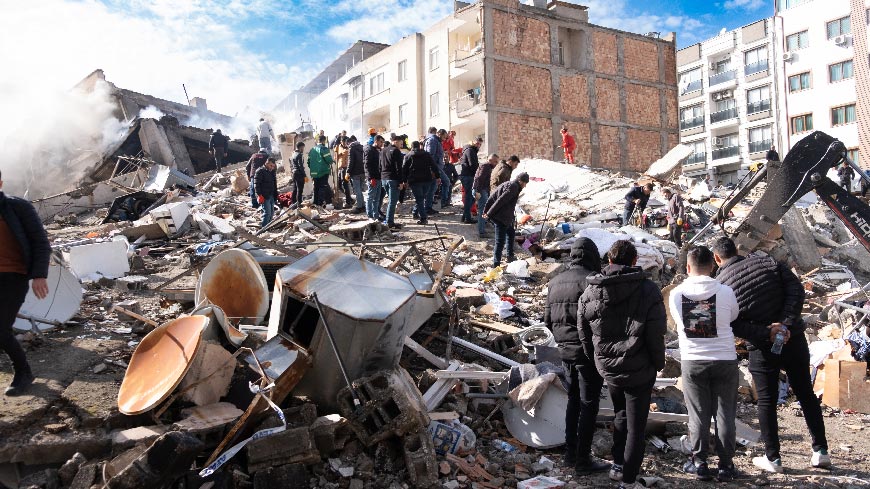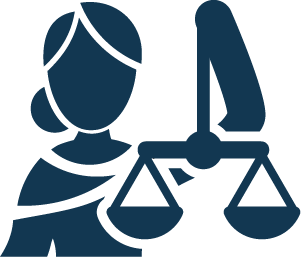Pandemics have always had a considerable impact on human history. Each time, they remind humans of their fragility and how limited their knowledge is. Despite their impact, these events receive little attention in the teaching of history. With the Covid-19 pandemic, and more recently the disastrous series of earthquakes in Türkiye and Syria, children are faced with live and often raw information about events that seem exceptional and removed from our history. How well prepared are they to understand how such catastrophic events unfold and impact upon societies? What means do history teachers have to teach these topics to students?
The first thematic report of the Observatory on History Teaching in Europe (OHTE) analyses how pandemics and natural disasters are taught across different levels of education. It gives a detailed overview of the teaching of the two topics in OHTE’s 16 member states, along with a cross country analysis, combining information provided by educational authorities and by history teachers themselves.
The report refers to important areas of concern such as the inclusion of pandemics and natural disasters in history curricula, teachers’ pedagogical decisions about their teaching, multi-perspectival approaches but also the use of scapegoating during these times of crises. The report’s findings are summarised in 15 key findings. A series of short, social-media friendly videos (1, 2, 3, 4, 5 and 6) are also available.
As stated in the European Cultural Convention, the Council of Europe has recognised since its inception the relevance of history as a basis for the education of the citizens of Europe. The Observatory on History Teaching in Europe builds on the Organisation’s decades of experience in history education and aims to complement and reinforce its intergovernmental programme. The Observatory’s mission is to provide a clear picture of the state of history teaching in Europe through its thematic and regular reports.
Press release
How well prepared are young people to understand pandemics and natural disasters?



